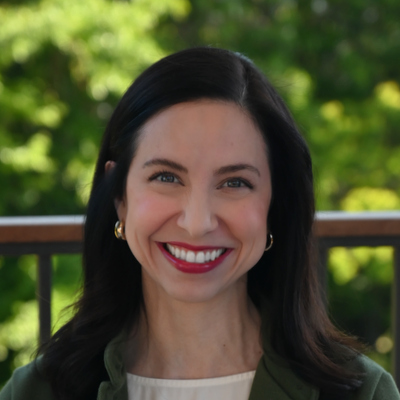With July comes a return to school and the associated excitement and worries of academic, extracurricular and social activities. Kids are encouraged to focus on their school work but also balance the daily needs of navigating schedules, friends, clubs or teams, and all of the emotions that this juggle can bring. One common factor across all of these demands is the involvement of technology. Teaching, learning and schoolwork are increasingly involving technology and, of course, so is the social aspect of social media and smartphone usage.
Finding that balance of healthy versus unhealthy screen time can be really difficult. Parents often struggle in teaching the necessary skills to develop a healthy relationship with technology that is in balance with each person’s life and relationship goals. Current research shows that excessive technology use can negatively impact your child’s grades, mood, social development, and even their physical health. In fact, studies show that the symptoms of excessive technology use look extremely similar to symptoms of substance addiction if not addressed early on.
Some might call any excessive behavior a “habit”, an obsession or even an addiction. The label is not necessarily as important as learning to recognize some of the signs that a problem exists and needs to be addressed. Some questions parents can ask themselves include:
- Is your child spending an increasing amount of time in front of the screen, does it interfere with family events, and is it impacting school work?
- Does your child become defensive or angry when you attempt to reduce their screen time, and are attempts at cutting down temporary or unsuccessful?
- Does your child continue their behavior despite being made aware of the negative consequences?
- Does your child lie about their use of devices?
If you find yourself answering yes to a majority of these questions, it is time to find a way to limit their use and even perhaps get support from a professional. Setting limits on children’s technology use is difficult because oftentimes kids will say it decreases stress, feels relaxing, or is a venue for social connection to peers online. Conversely, stopping these behaviors feel uncomfortable or distressing. Also, cutting out technology altogether isn’t a great option because kids will need these skills in school and in their future vocations.
The key is working with your child to create a healthy balance of life outside the use of technology combined with meaningful and limited use of technology at the same time. Structure and limits can help, but sometimes it becomes necessary to ask for guidance from professionals when parents aren’t able to regain control with their kids’ excessive use on their own.
Enlisting the help of a treatment professional that implements a treatment plan that combines cognitive and behavioral techniques combined with parental support will enable a child to view their choices with technology as controllable events, instead of “knee-jerk” or mindless responding to their environment and emotions. Teaching a child to have a broad repertoire of healthy leisure behaviors can be reinforcing and produce the same positive feelings only without the negative consequences of excessive technology use. Professional clinicians can also provide the necessary support and teach skills to help decrease the risk of regression into addictive or excessive use again. To make an appointment with Pine Grove Outpatient Services, please call 1-888-574-HOPE (4673).

Written by Christina I. Williams, PhD
Clinical Director of Pine Grove Outpatient Services
Dr. Christina Williams is a licensed clinical psychologist and Clinical Director of Pine Grove Outpatient Services. Dr. Williams earned her undergraduate degree and her Masters and Doctorate degrees in Clinical Psychology from The University of Mississippi. She successfully completed her pre-doctoral psychology internship at Pine Grove in 2009-2010. Following internship, Dr. Williams completed her postdoctoral training at the Professional Enhancement Program of Pine Grove. Dr. Williams has done professional presentations related to children and is co-author of a book chapter examining cultural issues involved in the assessment and treatment of children. Dr. Williams also has several years of experience working with children and adolescents with academic, social, emotional and behavioral difficulties. She has also worked in inpatient, residential and outpatient settings with adults who have addictive disorders, disruptive behaviors, relational problems and personality issues.

